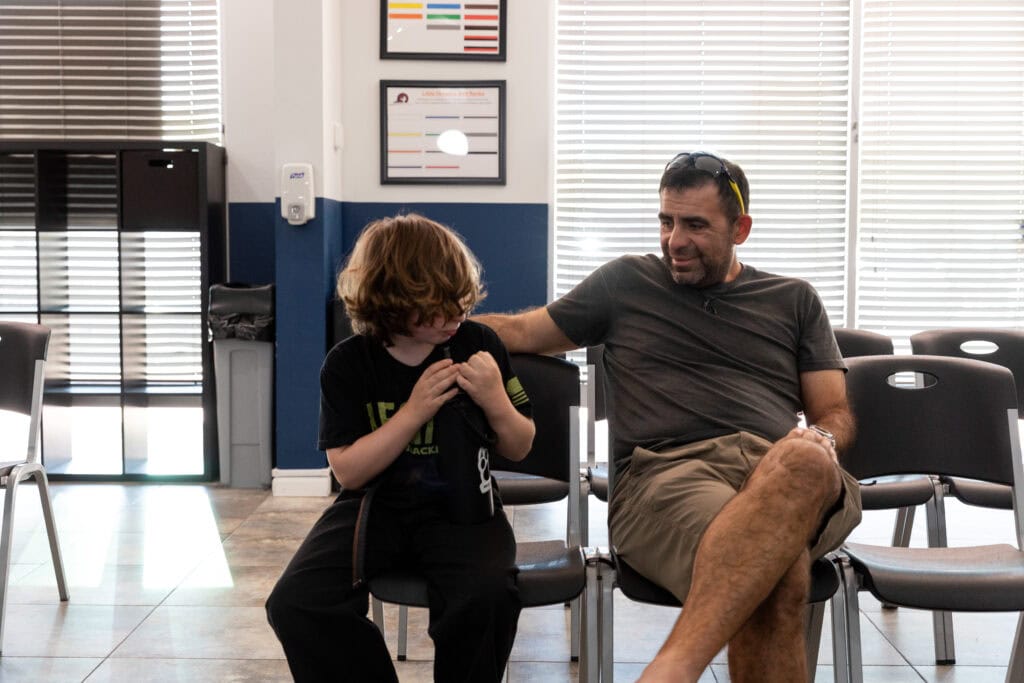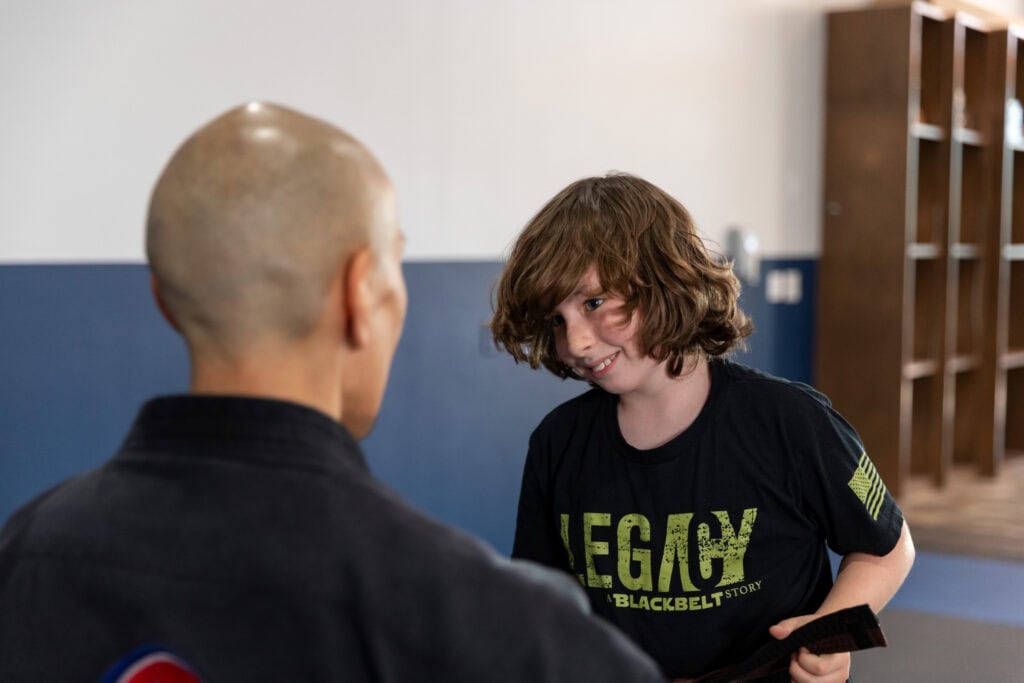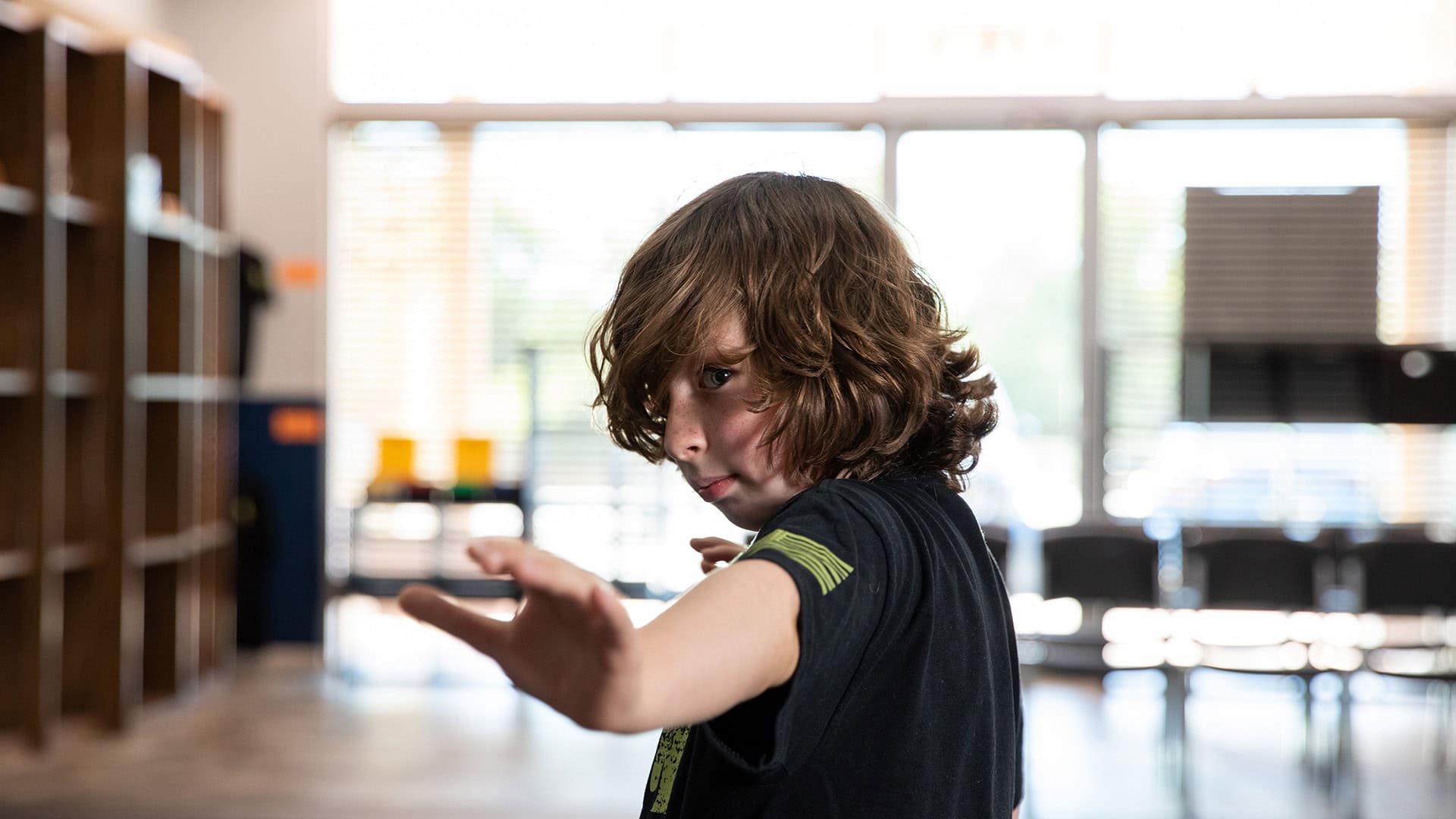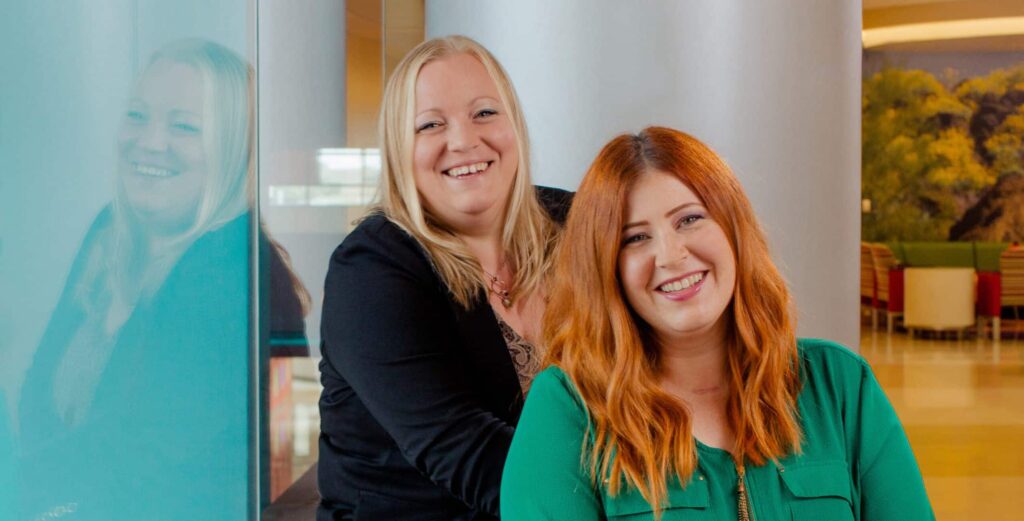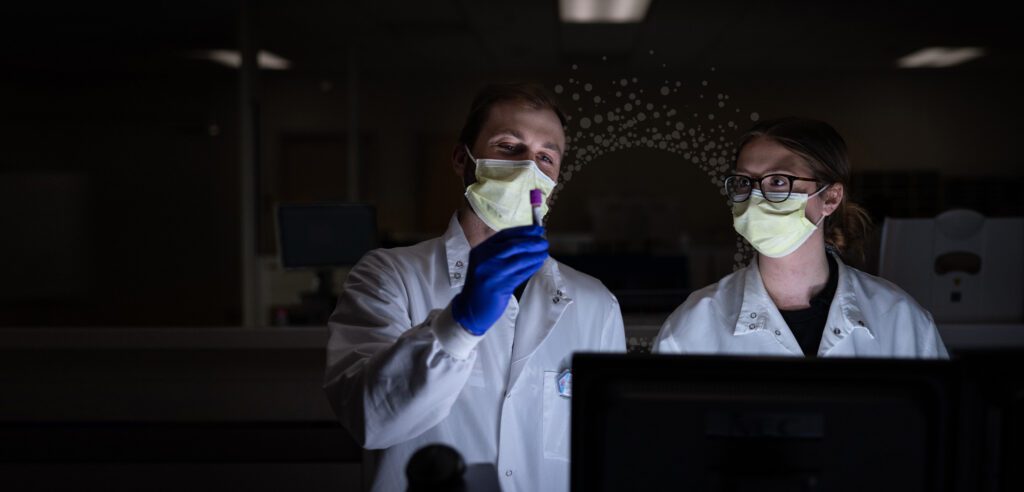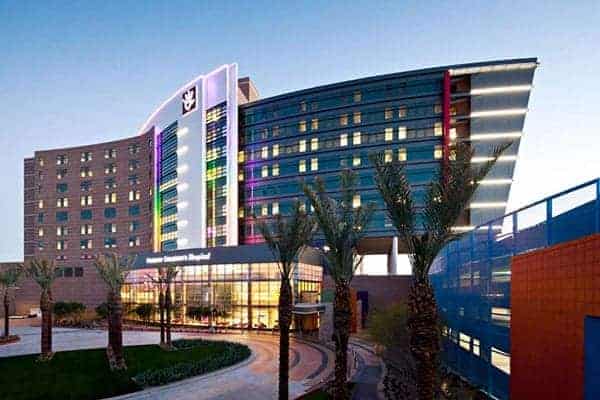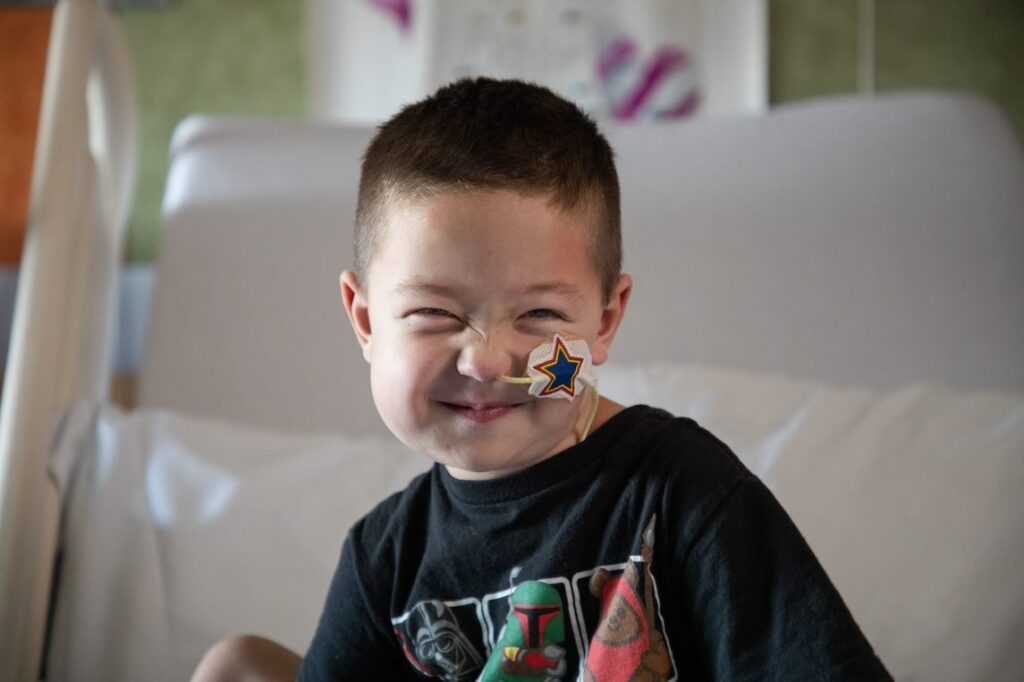Jacob was only 7 years old when he was diagnosed with rhabdomyosarcoma, an aggressive cancer of the body’s soft tissues. Among the many thoughts racing through his parents’ minds, the question of whether he might become a father one day wasn’t one of them. They had their hands full caring for him and his twin sister, Ella.
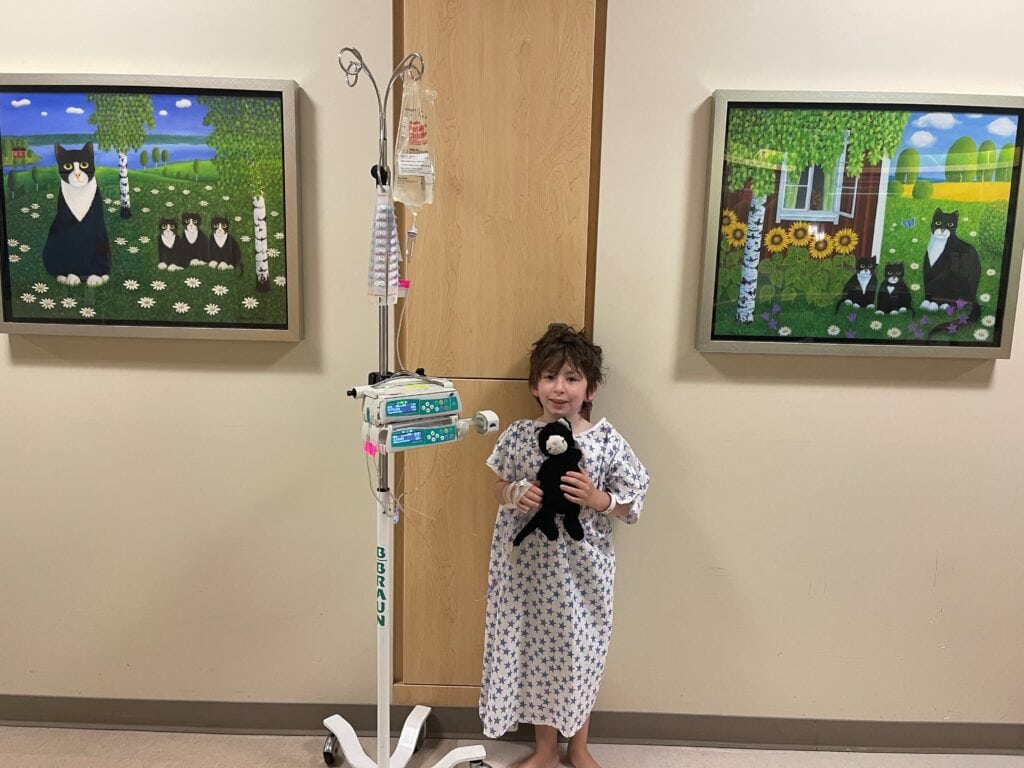
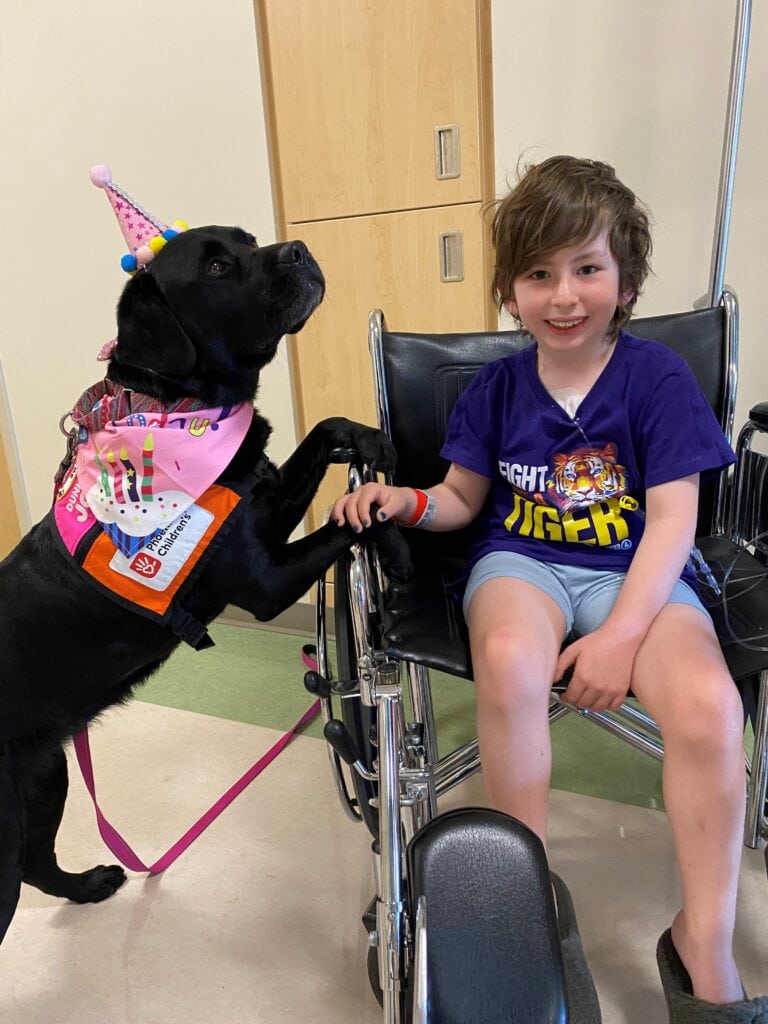
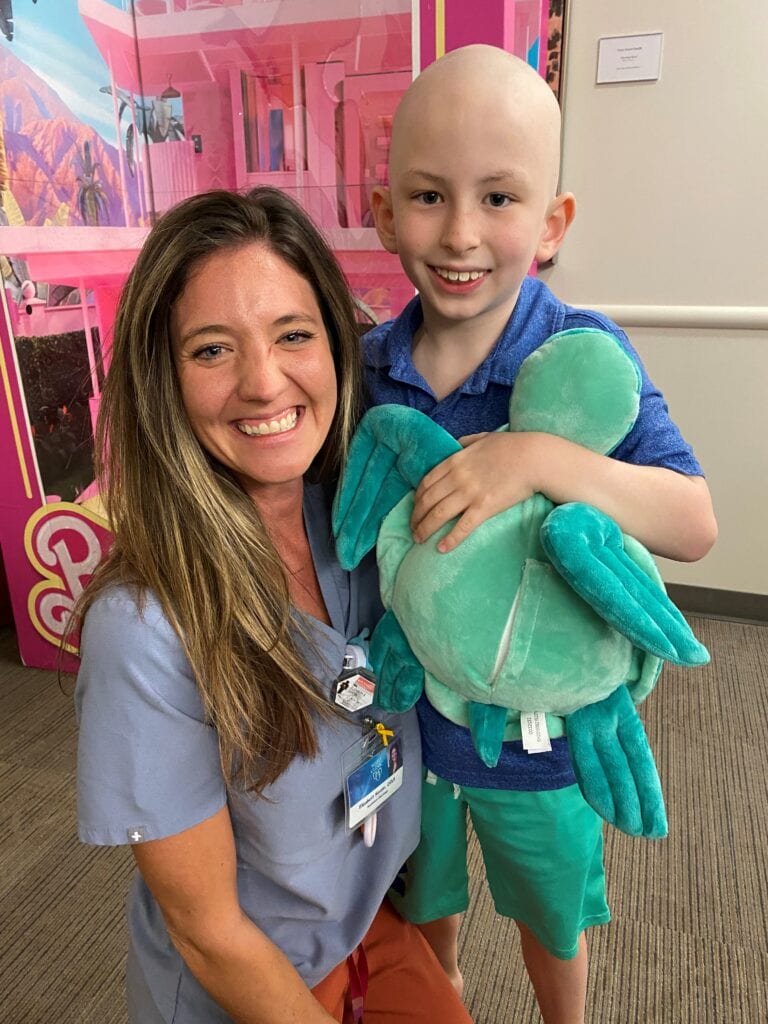
Jacob’s diagnosis started with a routine dental exam that revealed an unknown growth. At first, it seemed like a formality to get the growth removed and biopsied—but the results uncovered Jacob’s life-threatening diagnosis.
Jacob’s original treatment plan called for surgery and chemotherapy, but tests showed the cancer wasn’t fully removed. Jacob would need additional cycles of chemotherapy and also radiation—his best chance of survival but with a high risk of infertility.
“My mind was moving at a million miles a minute, and [his fertility] wasn’t even on our radar,” says his mom, Nicole.
That’s when his parents chose a fertility preservation technique called testicular tissue cryopreservation, an investigational procedure for boys who haven’t reached puberty. Tissue is removed from the testicles, frozen and stored for possible future use. Jacob was the first child at Phoenix Children’s to have the procedure.
- “What a gift to have somebody say that your kid is worth having this opportunity in life.”NICOLEJacob’s mom
The tissue processing for cryopreservation and three years of storage were covered by philanthropy. “We are incredibly grateful,” Nicole says. “It was a relief. Jacob has this preserved if he needs it. What a gift to have somebody say that your kid is worth having this opportunity in life.”
Jacob is now 9, and the treatment he underwent is working. He continues to have regular scans to check for any signs that the cancer has come back.
“He loves children, and he’s great with babies,” Nicole says. “To some degree, he understood that this was really important.”
For Jacob’s family, fertility preservation wasn’t just a medical decision—it was about protecting possibility. Thanks to donors, it’s one less burden they carry, and one more chance for Jacob to live the full future he deserves.
Program coordinator Kathy Hinkle adds: “Without our generous donor community, fertility preservation wouldn’t be possible for kids like Jacob. You provide hope to families.”
